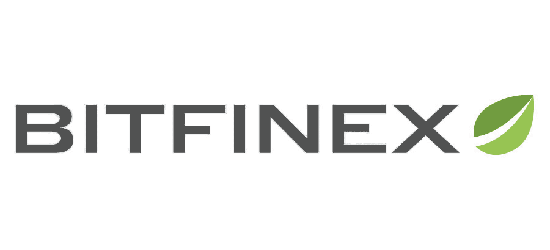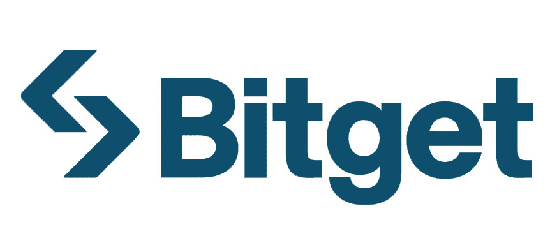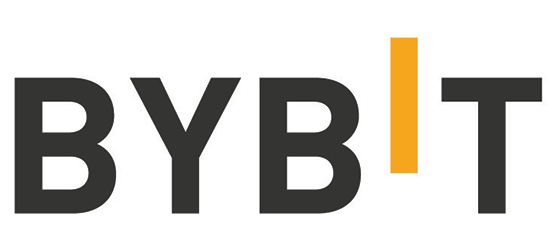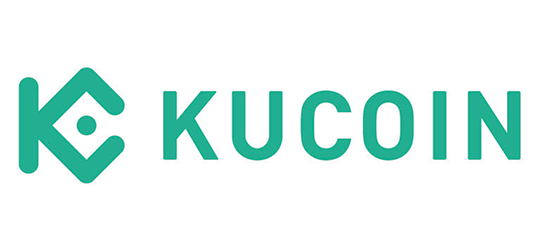
New EU Law Does NOT Ban Anonymous Crypto Transactions
The EU has presented an expanded anti-money laundering law, which affected cryptocurrencies as well. However, despite the barrage of criticism, experts hastened to clarify everything: the EU is not going to ban anonymous cryptocurrency transactions and wallets.
The news that the European Parliament is allegedly going to ban anonymous cryptocurrency transactions and wallets as part of a new anti-money laundering law was shared by MP Patrick Breyer.
On his X, he wrote that the new law imposes restrictions on cash transactions and anonymous cryptocurrency payments. The ban applies to anonymous crypto transactions via custodial wallets, anonymous cash payments over €3,000 and cash payments over €10,000.
EU Committee approves:
— Patrick Breyer #JoinMastodon (@echo_pbreyer) March 21, 2024
🚫Prohibition of cash payments over €10,000
🆔Prohibition of anonymous cash payments over €3,000
₿ Prohibition of anonymous crypto payments to hosted wallets without any threshold
This means war on cash and gradual erosion of our financial freedom!… pic.twitter.com/gwznD4QZop
Breyer also criticized the new law. He said that the ability to make transactions anonymously is a fundamental right, adding that the ban would have no effect on crime but would deprive citizens of financial freedom.
His statements immediately provoked mixed reactions. Some agreed with the need for a ban, while others were sure that the law could violate privacy and interfere with economic activity.
But as it turned out later, the EU is not going to ban anonymous cryptocurrency transactions and cryptocurrency wallets. Expert Patrick Hansen hastened to decipher what the new anti-money laundering law really means.
For a better understanding, we suggest reading Patrick Hansen's full thread.
1/ Yesterday was a prime example of why crypto Twitter (and often crypto media) should not be trusted when it comes to crypto policy. Let's debunk claims that the EU is banning anonymous crypto transactions or self-custodial wallets.
— Patrick Hansen (@paddi_hansen) March 24, 2024
Here is what’s actually in the EU Anti Money… pic.twitter.com/dsNZQzl9Mx
First, the legislation that has been dubbed AMLR is not a new law that would regulate the crypto space one way or another. It is merely an expansion of the already existing AML law.
Second, the AMLR legislation covers non-financial organizations such as FCs, gambling services, etc. While hardware or software cryptocurrency storage providers, such as Metamask or Ledger, do not fall under the expanded AMLR law. So there is no ban on their use.
What does fall under the expanded AMLR law are the MiCA-regulated exchanges and brokers. However, this law is not new for them either, as they already comply with similar rules (AMLD5).
Other prohibitions specified in the extended AMLR law are already observed in Europe. Namely, it is about the prohibition of providing services to anonymous users by custodial crypto-businesses, as well as the prohibition of the use and listing of anonymous coins.
The €10,000 limit does not apply if a user transfers funds from a wallet to an exchange, but if the amount exceeds €1,000, the exchange will require KYC. Buying goods and services using cryptocurrency wallets is also not prohibited.

















